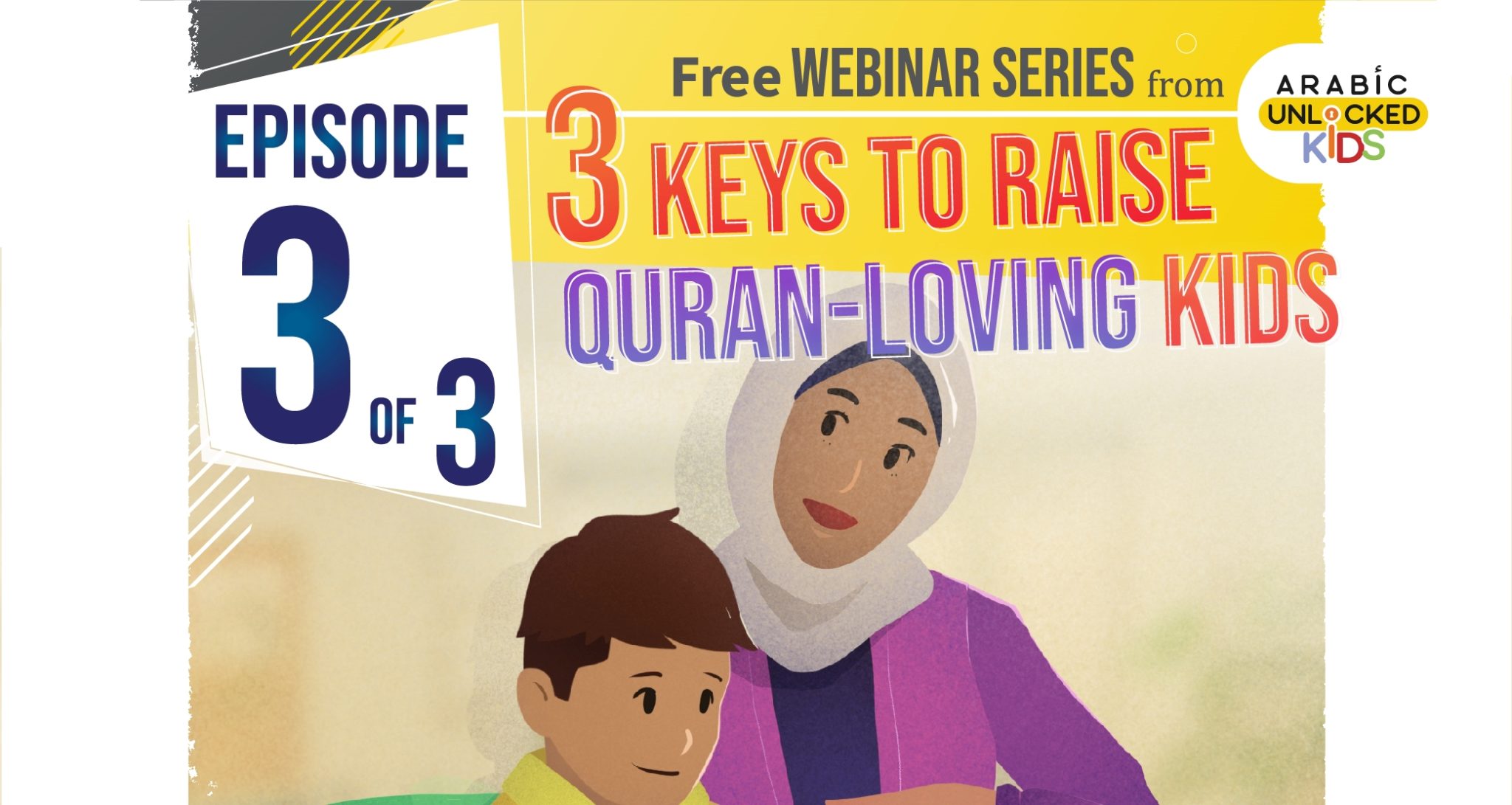Many people are searching for ways to learn Arabic online. If you’re here, chances are you’re one of them!
Maybe you want to learn Arabic to understand the Quran. Or perhaps, the reason you want to learn the Arabic language is to converse with natives in your daily interactions or when travelling. You may already have a basic understanding of Arabic and want to reach fluency, or you may be a complete beginner who wants to learn the Arabic alphabet first.

Whatever your reason to learn Arabic or your current level of Arabic is, you can benefit from spaced repetition.
In this article, we’re going to explore what is spaced repetition, why it’s an effective language learning technique, and how you can apply it to learn Arabic faster and easier.
.
What is Spaced Repetition?
Spaced repetition is a system that improves memory recall by repeating a lesson at increasing intervals, or spacing out the lesson. The idea is to increase how long you can recall what you learned before you forget it. The goal of spaced repetition is to eventually move new information from your short-term to your long-term memory.
There is scientific evidence behind spaced repetition. The first recorded mention of spaced repetition was in the book, “Psychology of Study” by Prof. C. A. Mace in 1932. A few years later, the Journal of Educational Psychology published a study showing that spaced repetition effectively helped students learn science facts.
However, it was only until the late 1960’s that the spaced repetition technique started gaining popularity in the education space. Cognitive psychologists, Landauer & Bjork and Melton, brought the spaced repetition technique into the limelight with their respective studies, “Practical Aspects of Memory” and “The Situation with Respect to the Spacing of Repetitions and Memory (Journal of Verbal Learning and Verbal Behavior.)”
.
Why is Spaced Repetition an Effective Language Learning Technique?
The premise behind spaced repetition is based on the “forgetting curve”. The graph below shows how a typical forgetting curve extends with spaced repetition.
Let’s apply this forgetting curve to learning languages.
Let’s say on Day 0, you learn 10 new words. When you first learn them, it’s fresh in your memory. If you don’t revise what you learn again soon, you’ll quickly forget what you learned.
According to the typical forgetting curve, which is based on scientific studies, those who have done no review will tend to remember only 60% of what they learned by Day 3. This means by Day 3, you will only remember 6 out of the 10 words you had learned.
However, if you had reviewed what you learned on Day 1, by Day 3, you can recall 80% of what you learned, or 8 out of the 10 words.
To maintain this 80% recall, you will need to review the 10 words you initially learned on Day 3 and Day 6. As you can see, the time between revisions widens. Yet, you will still achieve the same result.
This proves you don’t actually need to review vocabulary every day. The most effective way to review vocabulary is after one day, then after two days, then after three days, and so on.
.
Learn New Arabic Words Easier & Faster
Many Arabic students think that the best way to learn the Arabic language is to review the words they have learned every day. However, as you can see from the studies on spaced repetition, revising vocabulary every day is not the most effective use of your study time.
The best time to review words is actually before you forget them, which is right before the end of the forgetting curve. When you are about to forget a word, your brain needs to work a little harder to recall it. Reviewing the word at this point of resistance will strengthen your memory.
Think of it as lifting heavier weights at the gym. As you increase the weights you lift, you will get stronger. If you keep using the same weight all the time, your muscles will not get the resistance to get stronger.
Thus, the forgetting curve extends when you review a word just before you forget it because it makes your memory stronger. After the first revision, instead of forgetting the information in one day, it now takes two days.
When you keep applying the spaced repetition technique, the forgetting curve will continue extending to three days, four days, five days, until eventually, the new word has embedded itself into your long-term memory.
.
How to Apply Spaced Repetition to Learn Arabic
The best way to apply spaced repetition when learning Arabic is to have multiple “cycles” running at the same time. Here’s an example of how this works.
Let’s say you commit to learning three new words a day. If you didn’t apply spaced repetition, you would be revising all words every single day.
Learning Three New Words a Day without Spaced Repetition
Day 1
| Number of new words learned | 3 |
| Total number of old words to review | 0 |
Day 3
| Number of new words learned | 3 |
| Total number of old words to review | 6 |
Day 2
| Number of new words learned | 3 |
| Total number of old words to review | 3 |
Day 4
| Number of new words learned | 3 |
| Total number of old words to review | 9 |
Let’s compare this to what your revision schedule would look like with the spaced repetition technique.
Learning Three New Words a Day with Spaced Repetition
Day 1
| Number of new words learned | 3 |
| Total number of old words to review | 0 |
Day 3
| Number of new words learned | 3 |
| Total number of old words to review | 3 |
Day 2
| Number of new words learned | 3 |
| Total number of old words to review | 3 |
Day 4
| Number of new words learned | 3 |
| Total number of old words to review | 6 |
As you can see, using the spaced repetition technique means you have fewer old words to review each day. In summary, spaced repetition:
- Strengthens memory.
- Promotes longer retention in less time.
- Helps you learn new vocabulary with less effort.
.
Learning Arabic App with Spaced Repetition Technology
As you build new vocabulary, keeping track of your spaced repetition revision schedule can become very confusing (and takes up additional time that you could be putting towards your study!)
This is where technology can help do all the heavy lifting for you by keeping track of your spaced repetition schedule so you can consistently revise in the most effective way.
Our Arabic Unlocked App uses spaced repetition technology to personalise your learning journey and help you learn Arabic more effectively in less time. The mobile app also allows you to learn and revise Arabic anywhere and anytime without having to stick to a class schedule, making it the perfect solution for busy people.
.









Very interesting, jazakallah khairan
It is really worth applying the spaced repetition
Spaced repetition is proven to be an effective way to learn the vocabulary of any language. You can try our Arabic Unlocked App to experience spaced repetition learning in the easiest way possible.
Useful post. Thanks for sharing this informative post with us.
Excellent post. I wish I knew this at university. I pray this helps my Arabic retention, ameen
I would love to learn the language and understand it